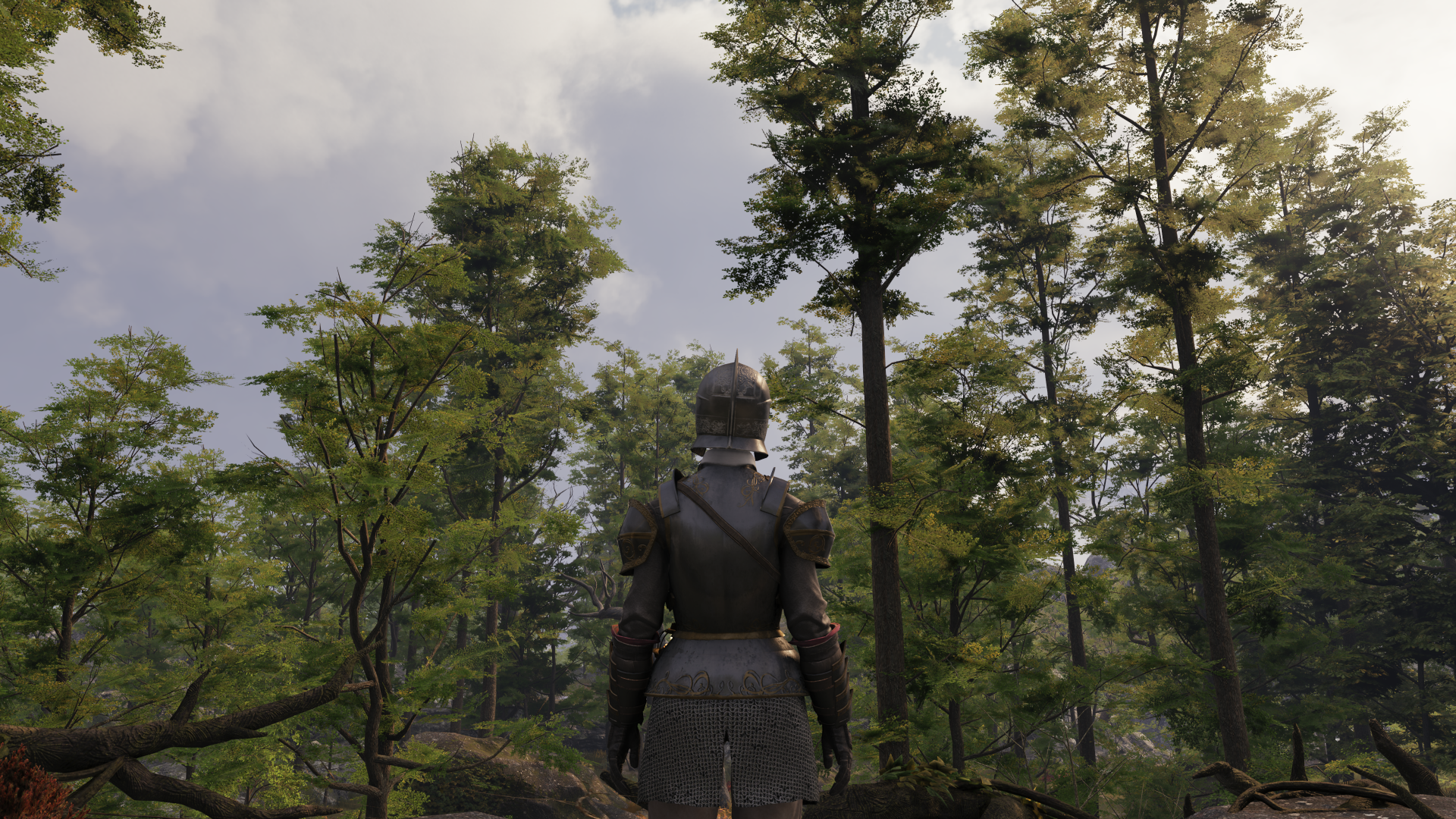
For anyone who uses guns often or uses them as the main weapon, you know that you must focus on damage per clip. Which is why it makes sense that the sequel just said, "Fuck it" and went in the Bond villain/Cobra! direction the first game should have in the first place.Some people who play Greedfall, when they talk about guns, they are only interested in damage per shot. Beyond a few surface elements stolen from the headlines, the bad guys are functionally just Cobra. And for all that he wants to namecheck Don Winslow, casting these particular villains as a drug cartel was always an awkward fit for the story and structure. It's not always done well, of course, but that doesn't change that it's a hollow defense.Īs for Wildlands and politics, the main issue is that the game's foundational "Latin American drug lords take over weak nation" should never have been set in a real place.

It's always been a go-to tactics in games to humanize ubermacho protagonists and quickly define comic relief and villain characters. Not in a video game." is especially bizarre considering that satirizing machismo is a core theme in Far Cry, most Rockstar games, and a ton of other franchises. The whole "And you definitely don't satirize machismo. I put as much stock to the "satire" defense as when the writer of FarCry 3 claimed it.
Pixel 3 greedfall how to#
It didn't really serve the overall argument well, but it definitely serves to let future employers know this video game writer knows how to write covert operators. The first few paragraphs start out like a classic, "My actions had unintentional consequences" mea culpa, with the unintentional consequences including causing an international incident that required the embassy of France to issue an apology.īut then it swerves hard into, "Nope! I was 100 percent right, and you dupes and critics just don't understand business!" My favorite is the tangent where the author really wanted to let people know that he used to work with special forces types. The whole thing has a great unintentional comedy structure. This would be great satire if it were not serious. In some Ghost Recon forums, the writing of Wildlands has become the subject of deep debate.įor example, there's quite a long thread on Steam called "Is this game supposed to be satire?" The narrative team had something to say, and though it may not be heard by all the millions of people who play the game, we have reached at least a few of them. Many struggle to understand that though some characters are ridiculous and that they make jokes, the story itself is not a joke. Many players struggle with understanding that the narrative is not the kind of apolitical, superficial narrative that they were sold.

I'm not going to pretend that the writing sold the game, but in blog posts, in forums, in player reviews, it seems that the more of the game a player gets through, the more likely they appreciate the writing. It's two years later, and the game is still selling. It outsold amazing, better-reviewed games, becoming one of the top ten selling games of 2017. No one thought it would sell as well as it has. Audiences express themselves in sales, and Tom Clancy's Ghost Recon: Wildlands sold. I appreciate a good review as much as the next writer, but what the audience thinks is what matters the most.


 0 kommentar(er)
0 kommentar(er)
